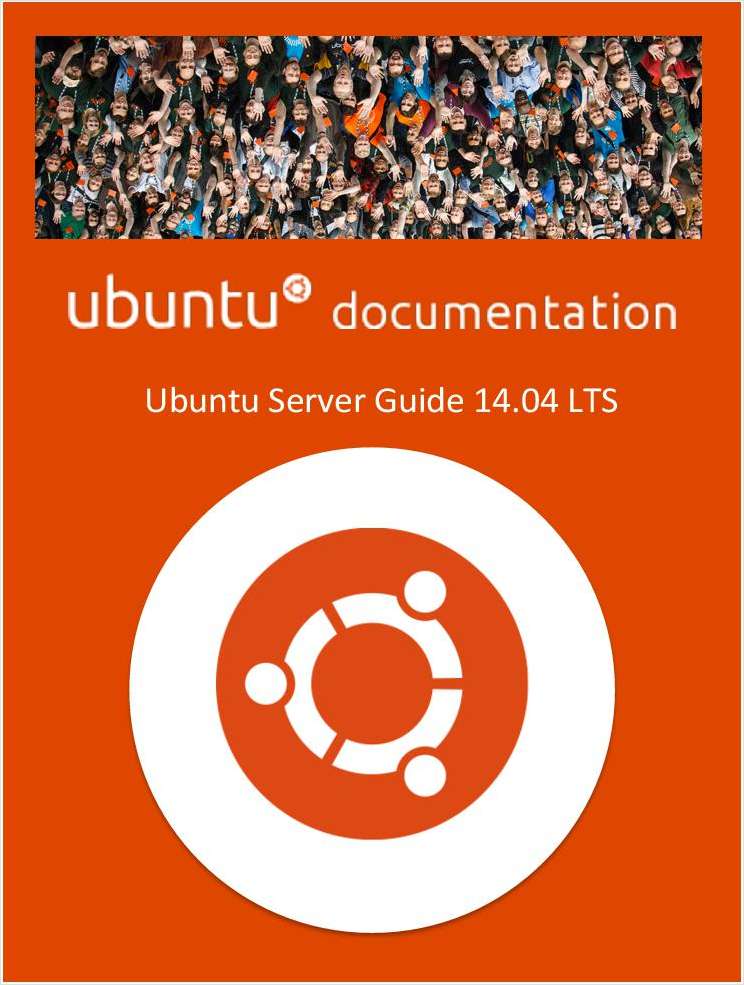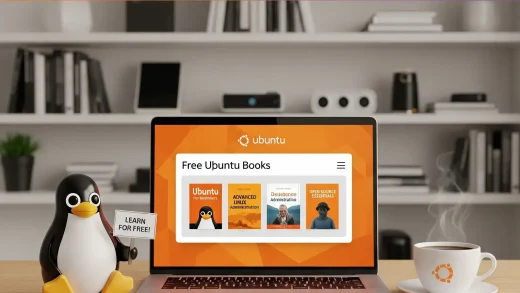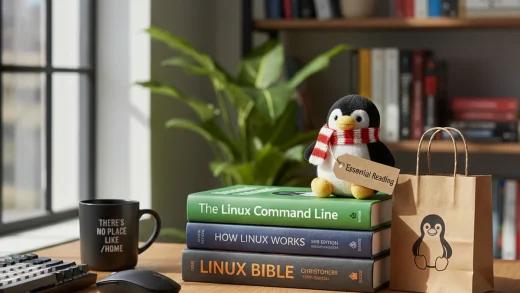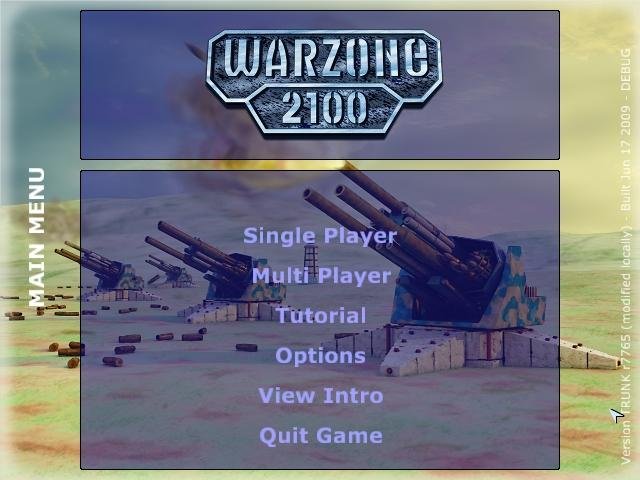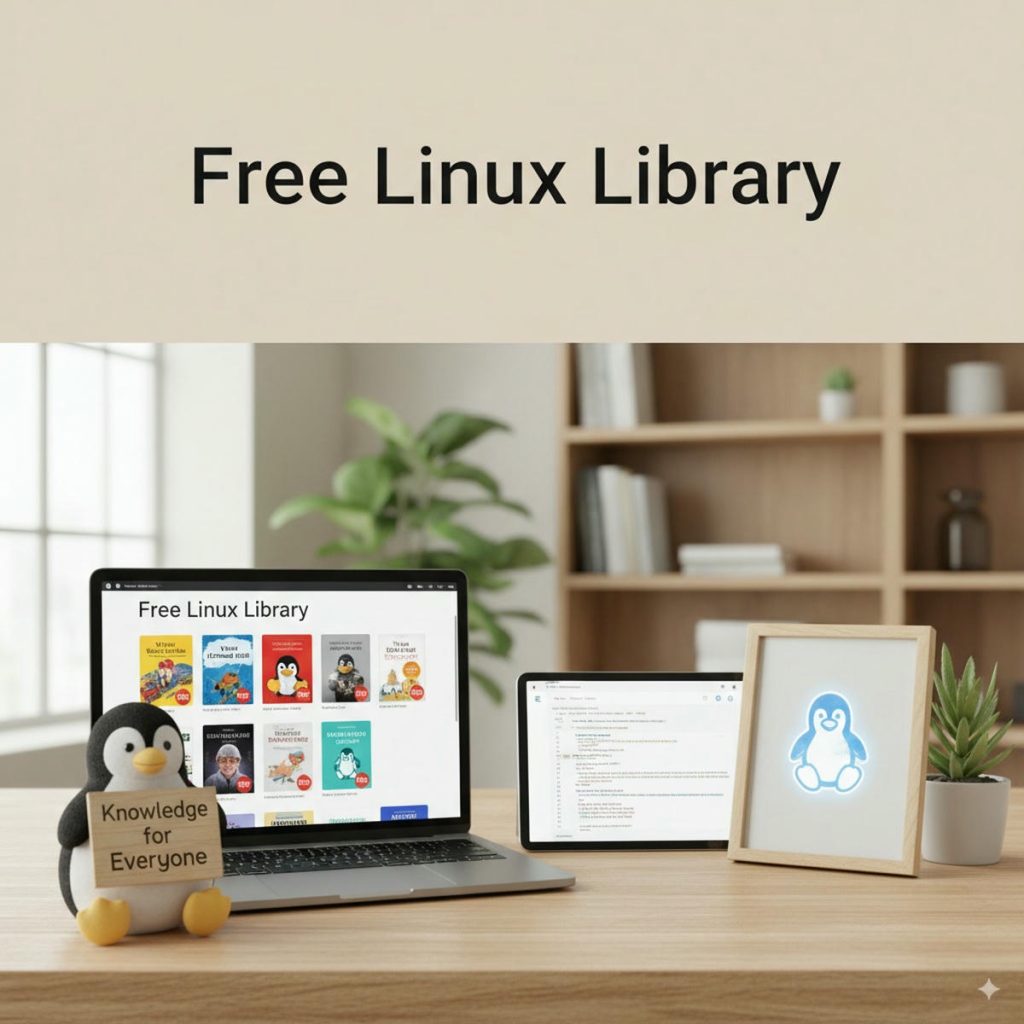
I have been digging around for the best free Linux resources that are actually worth your time, whether you’re a new user, a system administrator, or a developer looking to deepen your knowledge.
The reality is, a lot of Linux guides out there are either outdated(most of these books were released in the last 5 years or newer), overly complex, or don’t go deep enough to help in real-world use.
That’s why I pulled together this list of must-read free Linux eBooks for 2025.
Each one is practical and aimed at helping you get more out of your Linux experience, from essential commands and shell scripting to kernel programming and cloud integration.
Whether you’re just starting with Linux, studying for certifications, managing enterprise systems, or developing software, you’ll find something here to level up your skills.
If you know of another high-quality free Linux book that deserves to be included, feel free to contact us or leave a comment below.
Free Linux eBooks
1. The Linux Commands Handbook
Author: Flavio Copes
Quick Overview: A concise and practical reference guide for anyone who needs to master the Linux command line. It covers the most common and useful commands with clear explanations and examples, making it an essential desktop companion.
Main takeaways from this book are:
- Fundamental Linux commands for file and directory navigation.
- Text manipulation and processing with tools like grep, sed, and awk.
- Process management and system monitoring techniques.
- Networking commands and shell customization for efficiency.
2. The Linux Shell Scripting Handbook
Author: Michael Basler
Quick Overview: A comprehensive guide that takes you from writing simple bash scripts to developing complex automation workflows. It’s packed with real-world examples and best practices for aspiring and experienced sysadmins and developers.
Main takeaways from this book are:
- Bash scripting fundamentals: variables, loops, and conditionals.
- Creating functions and handling script input/output.
- Advanced text processing and automation for system tasks.
- Debugging techniques and writing robust, reliable scripts.
3. Linux Essentials
Author: Eric Frick
Quick Overview: A perfect starting point for absolute beginners, this book covers the foundational knowledge needed to use a Linux system effectively. It walks you through basic concepts, desktop environments, and essential terminal skills.
Main takeaways from this book are:
- Understanding the Linux ecosystem and open-source philosophy.
- Navigating the desktop environment and file system.
- Performing basic file operations and user management.
- Installing software and getting help from the system.
4. Ten Steps to Linux Survival
Author: James Lehmer
Quick Overview: This book is a lifeline for developers and IT pros who suddenly find themselves needing to work on a Linux system. It provides a focused set of commands and strategies to accomplish tasks and solve problems without panic.
Main takeaways from this book are:
- Essential commands for navigating and understanding a system.
- How to find and diagnose problems with processes and resources.
- Basic network troubleshooting and connection verification.
- Editing files and managing services in a crisis.
5. Linux Security Fundamentals
Author: David Clinton
Quick Overview: A crucial guide for anyone responsible for a Linux system. It covers the core principles of securing a system, from user permissions to network security, providing a solid foundation for building a robust defense.
Main takeaways from this book are:
- User and group management with appropriate permissions (sudo, file ownership).
- Configuring and managing firewalls (iptables/UFW).
- Understanding and mitigating common security threats.
- Best practices for system auditing and monitoring.
6. Making Servers Work: A Practical Guide to Linux System Administration
Author: Jamon Camisso
Quick Overview: This book dives into the practical day-to-day tasks of a Linux system administrator. It’s a hands-on guide to configuring, maintaining, and troubleshooting servers to keep services running smoothly.
Main takeaways from this book are:
- Installing and configuring core network services (SSH, Web, DNS).
- Managing software with package managers (apt, yum).
- Disk management, partitioning, and logical volumes (LVM).
- Automating tasks with cron and managing system logs.
7. CompTIA Linux+ and LPIC Guide
Author: Jason W Eckert
Quick Overview: An excellent study companion for anyone pursuing the CompTIA Linux+ or LPIC certification paths. It covers the exam objectives in a structured way, making it a valuable resource for formal learning and validation of skills.
Main takeaways from this book are:
- Comprehensive coverage of exam objectives for key certifications.
- Concepts and commands for system architecture, operation, and maintenance.
- Networking, security, and troubleshooting topics as per exam requirements.
- Practice scenarios to test your knowledge in a exam-like format.
8. System Programming in Linux
Author: Stewart Weiss
Quick Overview: A deep dive into the internals of the Linux operating system for developers. This book is essential for understanding how to write software that interacts directly with the kernel and system resources.
Main takeaways from this book are:
- Working with system calls, file I/O, and process control.
- Understanding and managing processes and signals.
- Inter-process communication (IPC) mechanisms like pipes and sockets.
- Memory management and threading concepts in a Linux environment.
9. The Linux Kernel Module Programming
Author: Jay Salzman & others
Quick Overview: A specialized guide for developers interested in extending the functionality of the Linux kernel itself. It teaches you how to write loadable kernel modules (LKMs) to interact with hardware or add new system features.
Main takeaways from this book are:
- Fundamentals of kernel architecture and module design.
- Writing, compiling, loading, and debugging kernel modules.
- Handling concurrency and avoiding common pitfalls in kernel space.
- Interacting with hardware and character devices.
10. Linux on Azure
Author: Ned Bellavance
Quick Overview: This book bridges the gap between Linux expertise and cloud deployment. It focuses on how to effectively deploy, manage, and optimize Linux virtual machines and services within the Microsoft Azure cloud platform.
Main takeaways from this book are:
- Deploying and configuring Linux VMs on Azure.
- Integrating Linux workloads with Azure services (networking, storage).
- Automation and management of Linux at scale using Azure tools.
- Best practices for security, performance, and cost optimization in the cloud.
11. Group Policy on Linux
Author: David Mulder
Quick Overview: A unique resource for administrators in mixed Windows-Linux environments. It explores tools and methods for applying centralized management and policy enforcement to Linux systems, similar to Windows Group Policy.
Main takeaways from this book are:
- Understanding the need for centralized management in heterogeneous networks.
- Using open-source tools like SSSD and Samba to integrate with Active Directory.
- Implementing policy-driven configuration management for Linux clients.
- Enforcing security settings and access controls across all systems.
12. Linux: The Ultimate Guide
Author: Sufyan Bin Uzayr
Quick Overview: A broad and comprehensive guide that attempts to cover a wide swath of the Linux landscape, from beginner concepts to more advanced administrative tasks. It serves as a general-purpose reference for a wide audience.
Main takeaways from this book are:
- A wide-ranging overview of Linux distributions and desktops.
- Combination of command-line and graphical administration techniques.
- Coverage of common server and desktop applications.
- Troubleshooting guidance for a variety of common issues.
We also have a list of the best Linux books to buy from Amazon.
Other Linux resources worth visiting:
- Best Linux Laptops – Perfect for those who are working, students and gamers.
- Free Ubuntu books to download
- Linux courses at Udemy
- Linux courses at Edureka
- edX Linux courses

